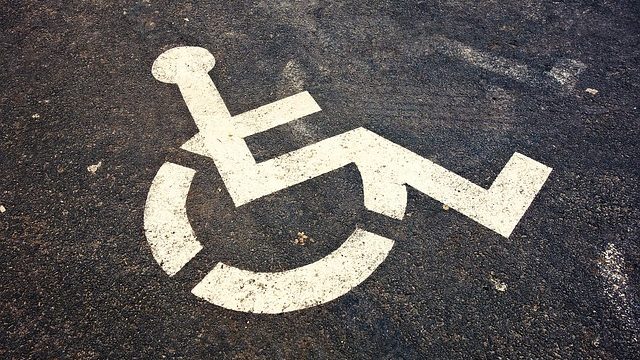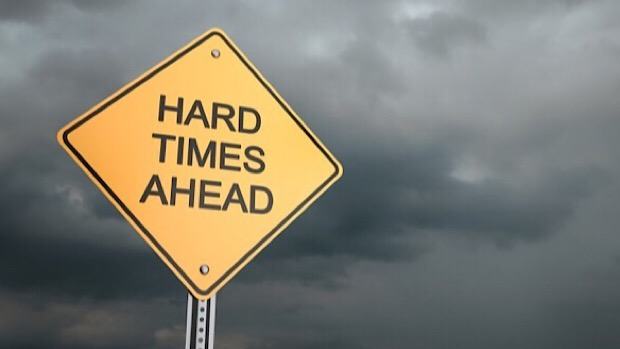Alcoholism
"I thought I found something that would erase the pain...I was finding a temporary escape that led to a major problem."
- Tim Orr

Tim Orr was born with multiple birth defects: cleft lip, cleft pallet, web hands and no toes on his left foot. Tim’s mom didn’t see him for the first 24 hours of his life and was first given pictures of him to prepare her. She then welcomed him with open arms. As a result of these deformities, Tim underwent 20 surgeries taking place every summer. He experienced years of rejection and at the age of 15 turned to alcohol to escape the pain.
By the time Tim was 21 years old, he had been arrested three times and placed on probation. He finally admitted to his drug and alcohol counselor at an AA meeting that he was an alcoholic.
One day while watching the 700 Club, Tim gave his heart to Jesus Christ. That day was a turning point in his life!
If you are struggling with an addiction to alcohol, here are some points to consider:
- Admit you have a problem.
- Realize that God has a plan for your life.
- Ask for help.
- Seek out resources like Celebrate Recovery.
- Find a mentor. You do not have to journey alone.
- Find a Bible-believing church to attend.
Special Assignment: Tim acknowledged first that he had a problem, but most importantly, that God has a plan. Tim learned to implement Alcoholics Anonymous third step: “Turn your will and your life over to God as best as you understand Him.” Tim has written the book, We Named Her Faith, which chronicles the process of adopting a child with Down’s Syndrome.
Words to Live By:
“For I know the plans I have for you,” declares the LORD, “plans to prosper you and not to harm you, plans to give you hope and a future” Jeremiah 29:11 (NIV).
“So do not fear, for I am with you; do not be dismayed, for I am your God. I will strengthen you and help you; I will uphold you with my righteous right hand” Isaiah 41:10 (NIV).
 Dr. Ron’s Perspective:
Dr. Ron’s Perspective:
Mental health professionals often say that the past is the best predictor of future behavior. Childhood and teenage life experiences do shape our personalities and our view of the world and ourselves. Family dysfunction, abuse, neglect, and broken relationships can lead to a pattern of struggle and heartache. Hopelessness and despair can eventually set in and become a way of living. Childhood hurts can negatively affect a person’s self-esteem and self-worth, but difficult childhood does not have to keep one from feeling happy and discovering their purpose in life. The past does not have to define your character. We must make a choice to either let the past be a roadblock to success or use “life’s hard knocks” to grow us and enable us to help other hurting people. Identify a person that could benefit from your wisdom and experiences. Reach out to them and show understanding and compassion. This step alone will go a long way in helping you feel better about yourself.
 Grace Notes by Philip Yancey
Grace Notes by Philip Yancey
“Alcoholics Anonymous came out of a discovery by Bill Wilson. On his own, Bill had stayed sober for six months until he made a trip out of town, where a business deal fell through. Depressed, wandering a hotel lobby, he heard familiar sounds of laughter and ice tinkling in glasses. He headed toward the bar, thinking ‘I need a drink’. Suddenly a brand new thought came to him: ‘No, I don’t need a drink- I need another alcoholic!’ … Church is a place where I can say, unashamedly, ‘I don’t need to sin. I need another sinner'” (46-47).
Recommended Resources:
National Council on Alcoholism and Drug Dependence







